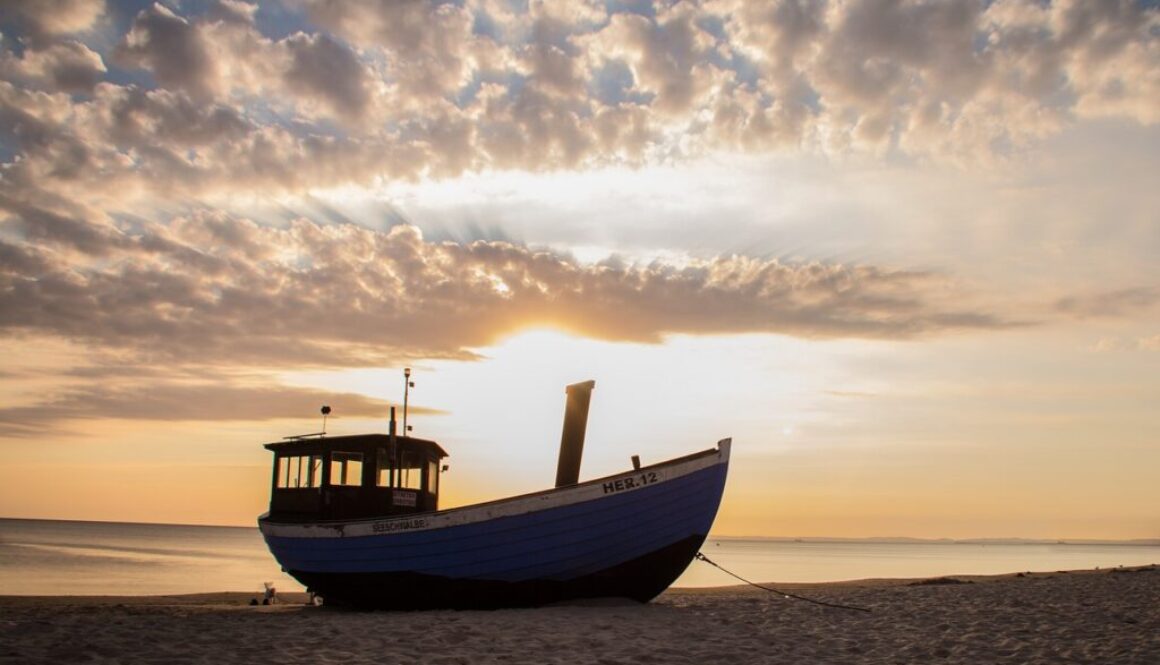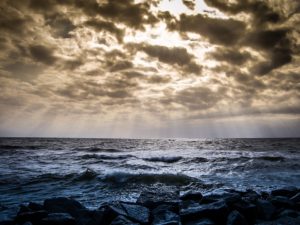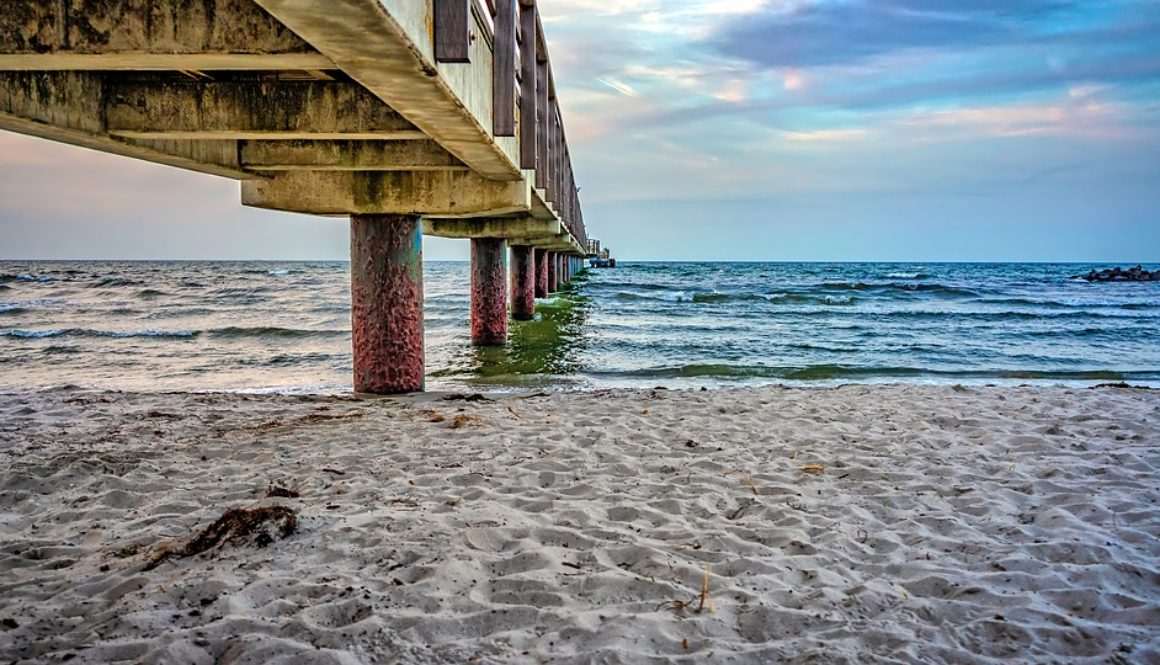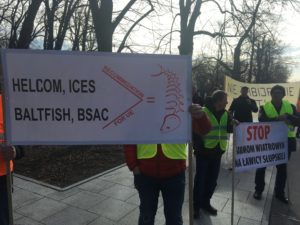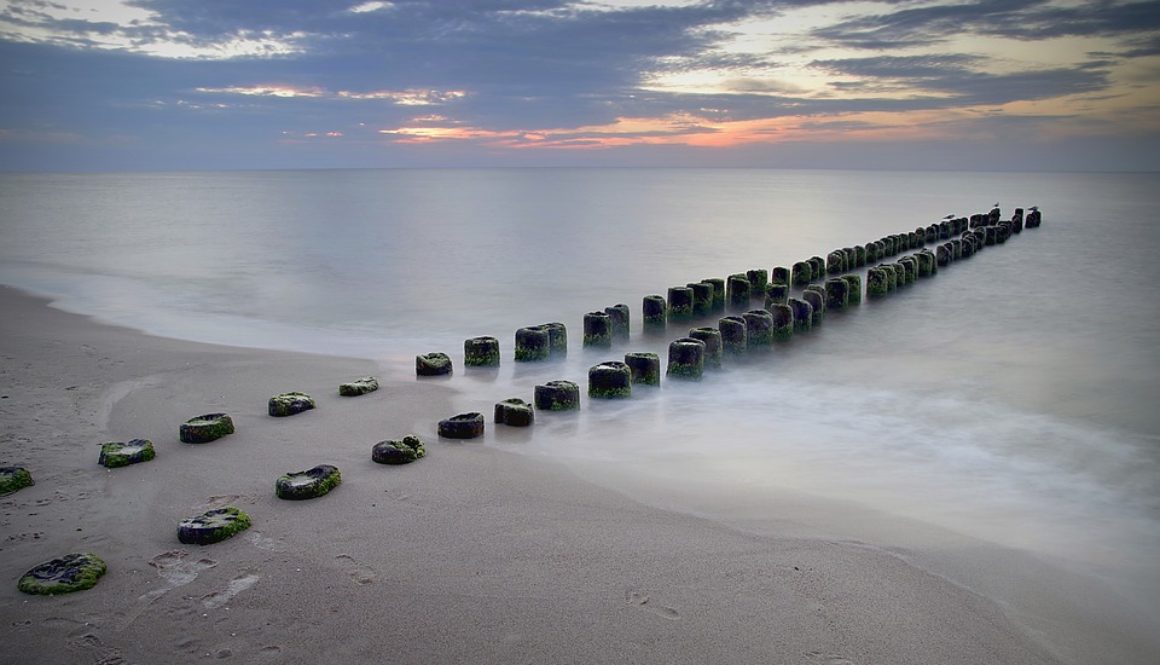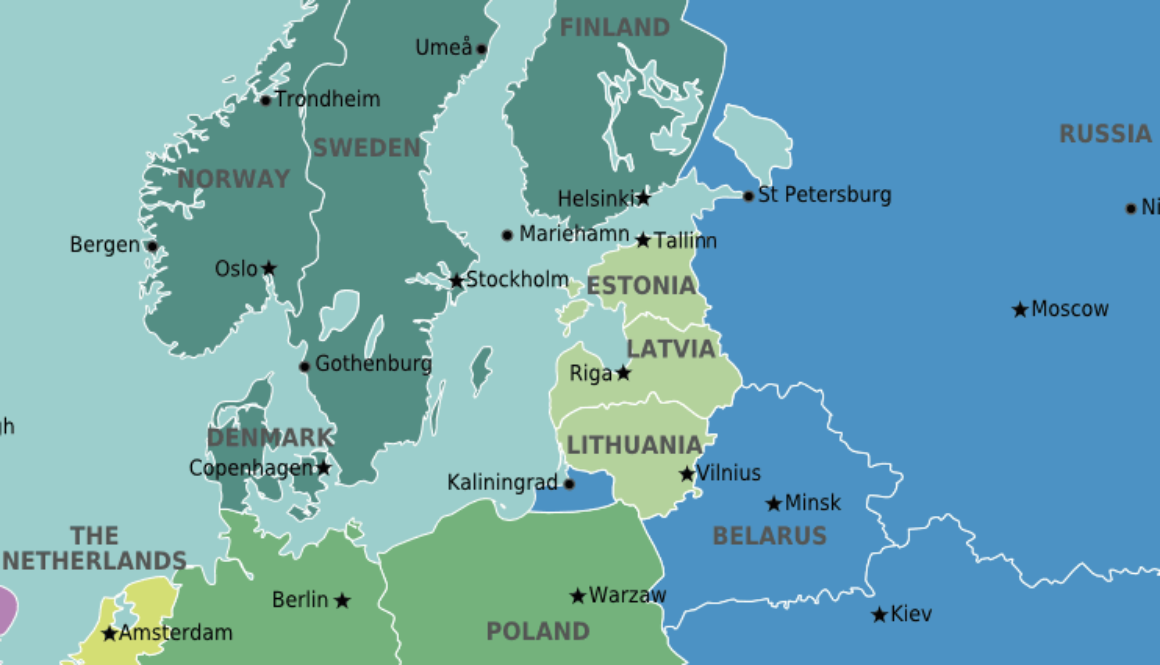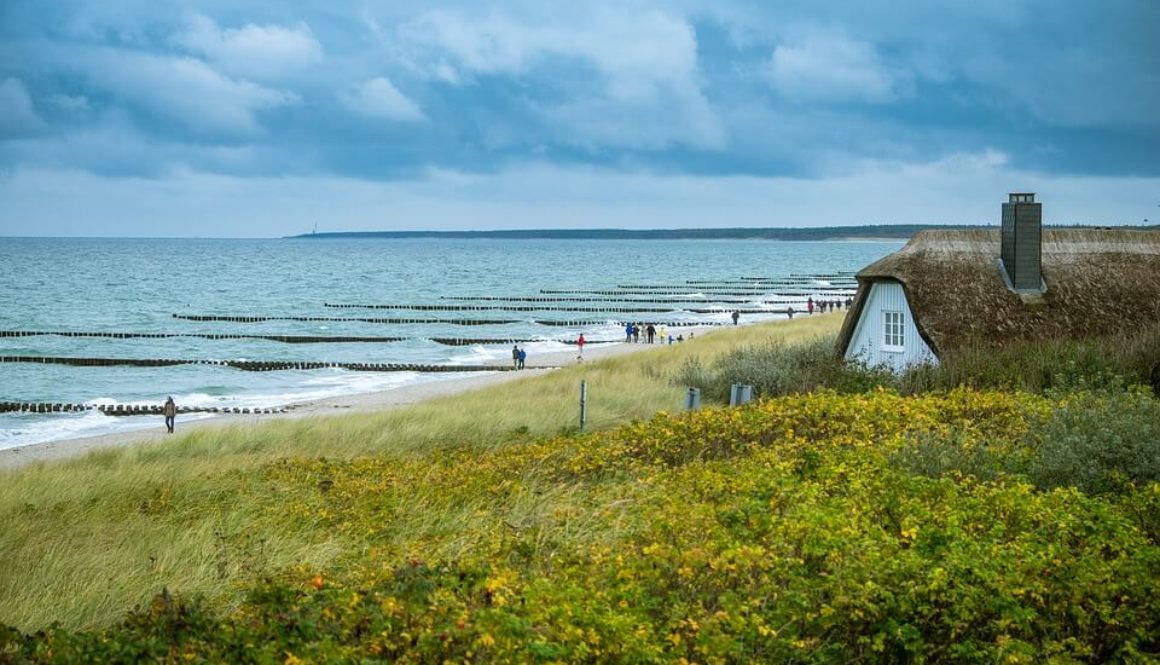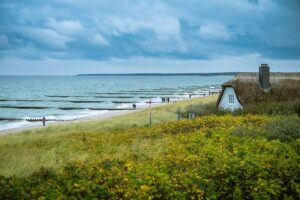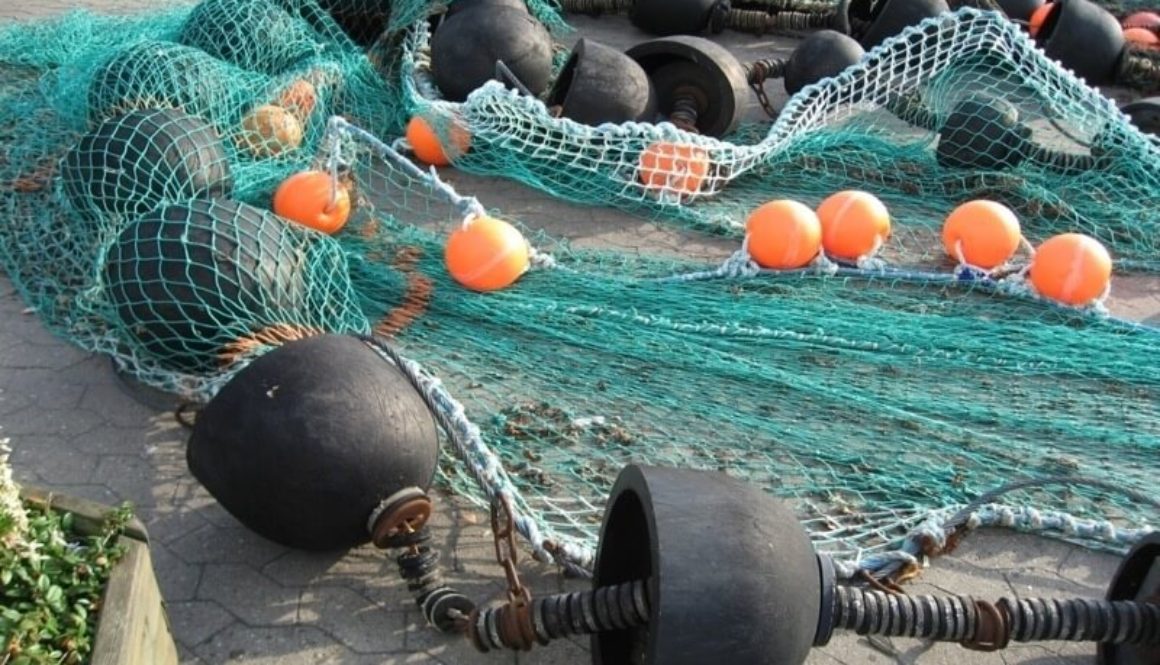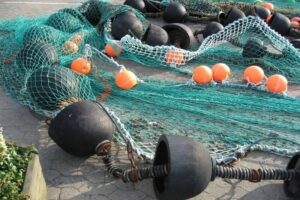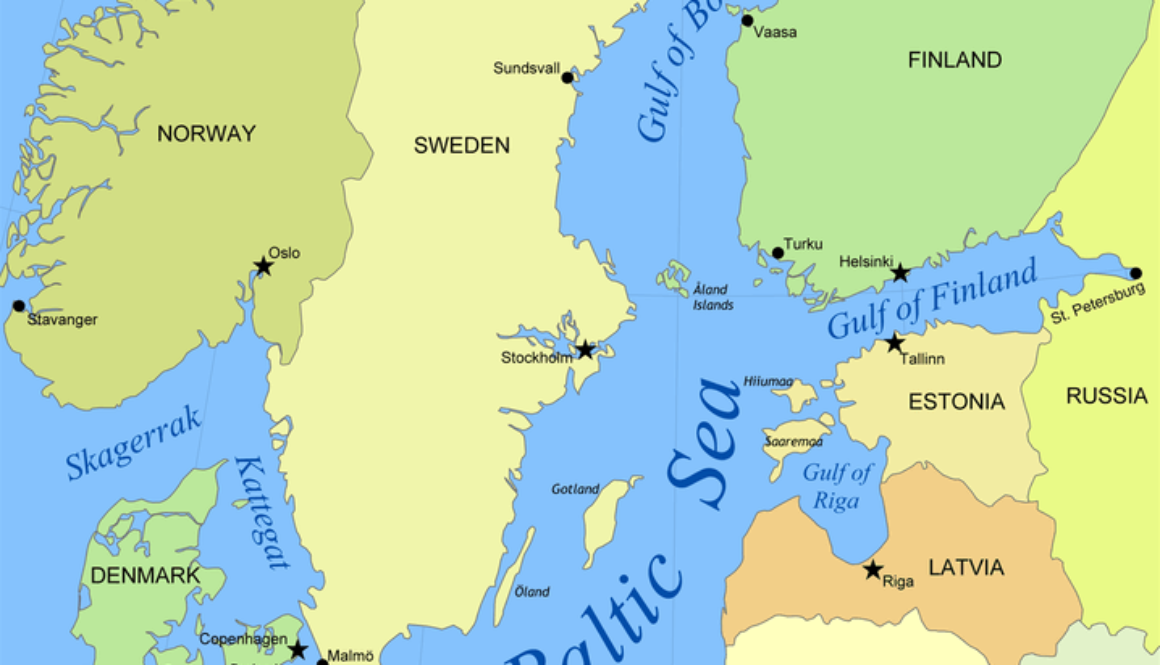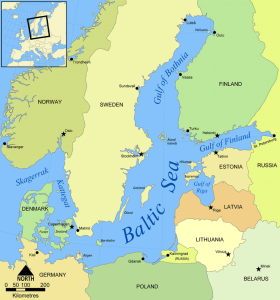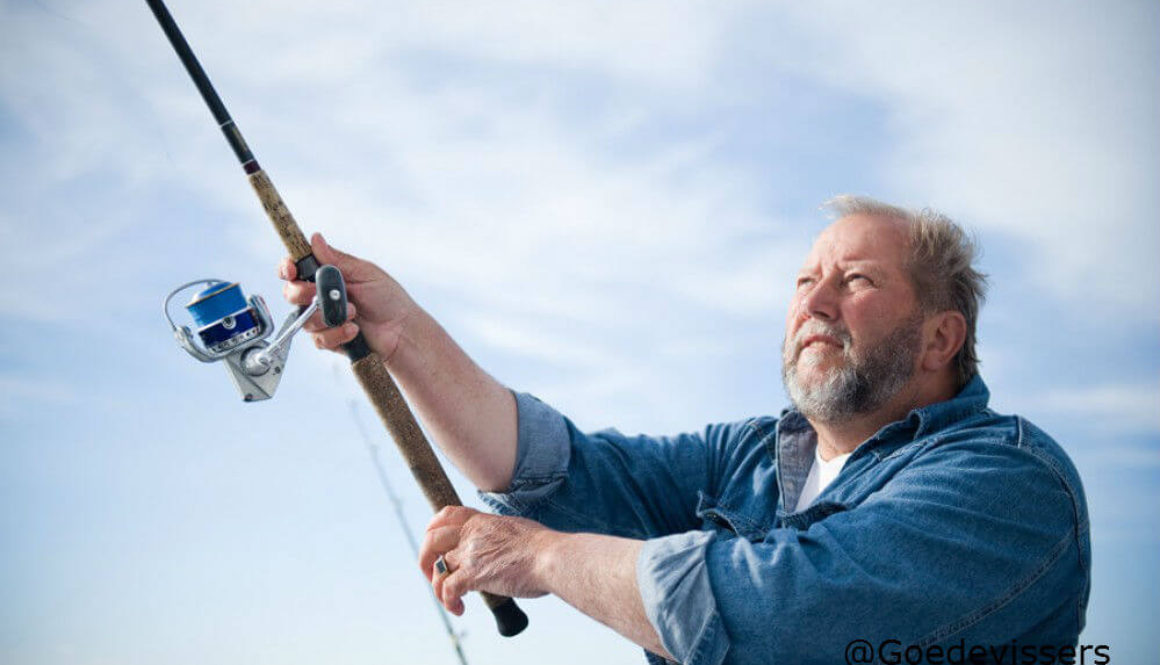Priopćenje za medije: Nakon 5 godina izvanredno stanje postaje norma na Baltiku
Bolja primjena znanosti, pošteno ribarstvo i plan za oporavak bakalara za Baltik su hitno potrebni, zaključuje dobro posjećeni događaj udruge Low Impact Fishers of Europe (LIFE)
Bruxelles, 26. lipnja 2024. – Događaj koji je u Bruxellesu organizirala udruga Low Impact Fishers of Europe (LIFE) obilježio je 5 godina otkako je Europska komisija uvela hitne mjere kojima se učinkovito zatvara ribolov bakalara kako bi spasila posrnuli istočnobaltički stok bakalara od nadolazećeg kolapsa. Inicijativa je okupila donositelje odluka, dužnosnike Europske komisije i država članica, političare, znanstvenike, dionike sektora i predstavnike malih ribarskih zajednica. Njihova zajednička briga bila je kako riješiti trenutno kritično stanje baltičkog bakalara, nedostatak plijena haringe i papaline, povećanu predaciju tuljana i kormorana, socioekonomske utjecaje produljenih zatvaranja ribolova i pogoršanje uvjeta okoliša u Baltiku. Unatoč hitnom zatvaranju bakalara u srpnju 2019., nije bilo znakova oporavka stoka bakalara, a budući izgledi za ribarski sektor izgledaju sumorno.
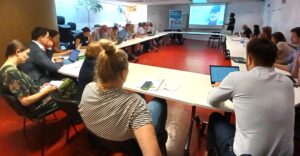
Radionica je pružila detaljan pregled stanja baltičkog bakalara, ističući nedostatke Višegodišnjeg plana upravljanja Baltičkim morem (MAP) za 2016. godinu. Predstavnici ribara Bengt Larsson (SYEF, (Švedska) i David Lange (FSK, Danska) podijelili su iskustva iz prve ruke o razornim učincima na malo ribarstvo i njegove zajednice. Znanstvene uvide pružio je Rainer Froese (GEOMAR Institute), koji je raspravljao o neuspjesima trenutne znanosti o ribarstvu i praksi upravljanja, naglašavajući potrebu za revidiranim strategijama upravljanja i mjerama opreza.Danas je postalo jasno da neuspjeh upravljanja ribarstvom proizlazi iz dva glavna problema: prvo, neiskorištenje potencijala članka 17., pa kvote i dalje idu u ribolov s velikim utjecajem i koriste industriji ribljeg brašna; i drugo, proces kroz koji znanost pruža savjete o upravljanju, nekorištenjem BMSY-a, dovodi do smanjenja populacija riba, što rezultira disfunkcionalnim ekosustavom. Mali ribari, koji čine okosnicu baltičke ribarske flote i radne snage EU, zaslužuju hitne i odlučne mjere kako bi se riješila ova situacija i spasili njihovi izvori prihoda od uništenja.„izjavila je Marta Cavallé, izvršna tajnica Udruge ribara s niskim utjecajem na okoliš u Europi (LIFE).
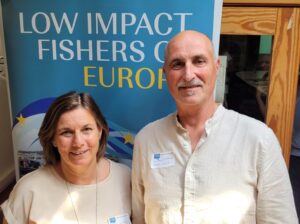
Dinamična panel rasprava uključivala je kreatore politika, stručnjake i ribare, uključujući predstavnike DG Mare, Europskog parlamenta, stalnih predstavništava država članica regije i nevladinih organizacija. Istaknuli su potrebu za osiguravanjem učinkovite provedbe postojećih planova upravljanja i poduzimanjem snažnih mjera za poboljšanje uvjeta baltičkog morskog okoliša. Socioekonomske posljedice trenutnog debakla u upravljanju su ozbiljne, posebno za male ribare koji čine preko 90% baltičke ribarske flote EU. LIFE poziva ICES da ispravi znanstvene savjete. korištenjem BMSY-a i davanjem prioriteta rastu stoka. Europska komisija i države članice trebaju podržati male ribarske zajednice revizijom višegodišnjeg plana za Baltik, uključujući napore usmjerene na oporavak stabala bakalara, manji ribolovni pritisak na plijen bakalara i korištenje članka 17. za preraspodjelu kvota na načine koji potiču ribolov s malim utjecajem.
∗ ∗ ∗
Za više informacija i pozadinske informacije o izvanrednoj situaciji na Baltiku, molimo pogledajte prezentacije panelista i analiza i prijedlozi koje su dali ribari Europe s niskim utjecajem na okoliš.
PREZENTACIJE
Christian Tsangarides, koordinator LIFE BANS-a
Bengt Larsson, Sveriges Yrkesfiskares Ekonomiska Förening (Švedska)
Kurt Buchmann, Sveučilište u Kopenhagenu
Rainer Froese, GEOMAR institut

